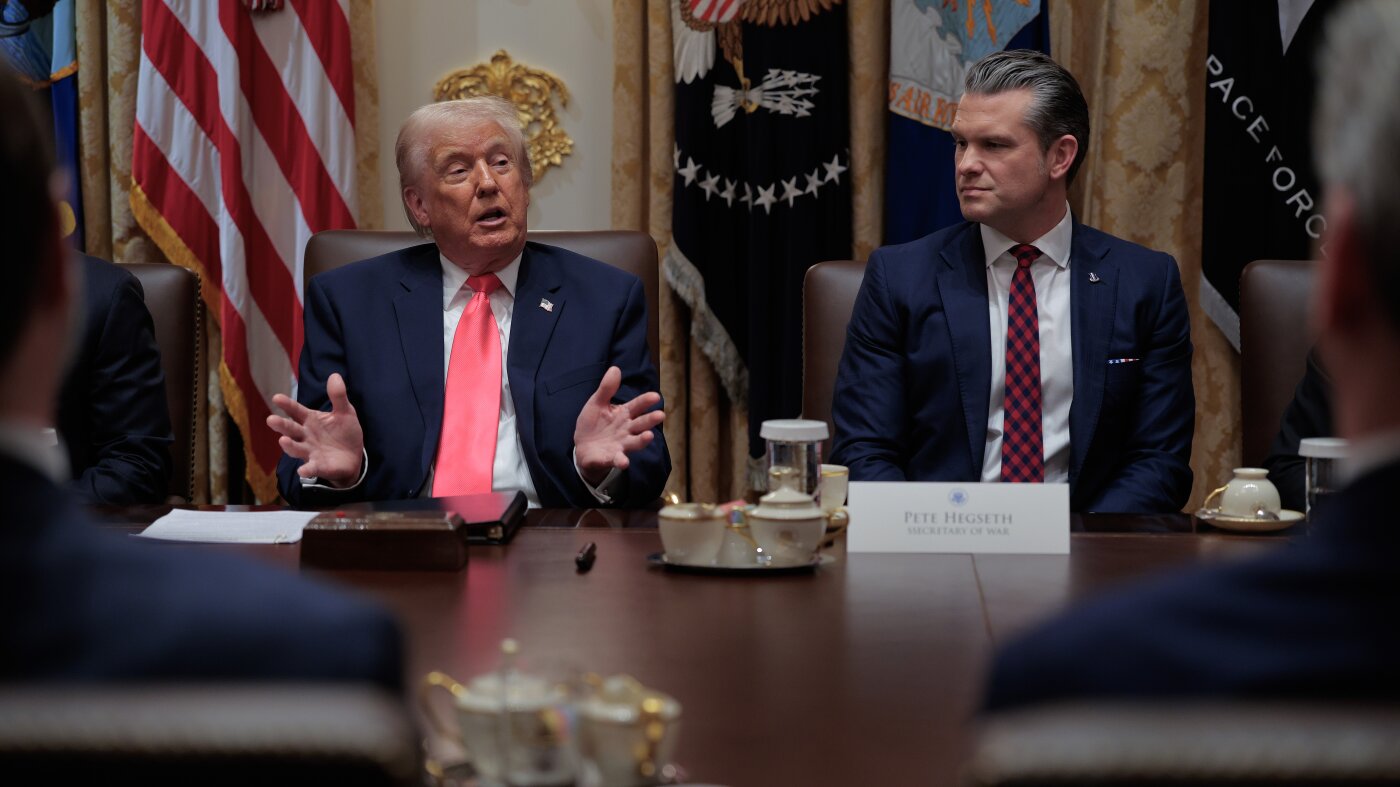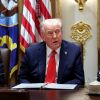The EU is launching an investigation into the aluminium market to protect the bloc’s beleaguered industry from a surge in cheap imports displaced by Donald Trump’s tariffs.
The European Commission will announce the probe, aimed at verifying a sudden rise in imports and covering all trading partners, on Wednesday, according to a document seen by the Financial Times.
Brussels will impose countermeasures if the probe identifies such an increase in aluminium imports. It is also set to tighten loopholes in its tariff regime on steel imports.
The document says the 25 per cent tariffs on aluminium announced by the US president last week “are likely to worsen the situation further” for a sector that has been hit by high energy prices, sluggish demand and cheap imports.
Brussels has promised to retaliate against Washington with tariffs on up to €26bn of US products.
But the aluminium probe shows the impact of the US president’s tariffs cascading across the globe as the commission tightens its rules against third-country imports and a broader trade war comes closer.
The EU document highlights what it says is “a significant threat of trade diversion from multiple destinations” because of last week’s US tariffs.
It notes the bloc’s aluminium producers have “lost substantial market share over the past decade”.
Other than Norway and Iceland, which are part of the bloc’s economic area and could be exempted, the main exporters of the metal to the EU are the United Arab Emirates, Russia and India.
The bloc decided last month to phase out Russian aluminium imports by the end of 2026.
While the US has used security grounds to justify its measures, the EU will base its response to any surge in aluminium imports on traditional trade defence law based on World Trade Organization rules.
Its safeguard measures could echo previous steps it has taken on steel, for which in 2018 it set a 25 per cent tariff on imports exceeding a specified quota.
The safeguards on steel will expire in June 2026 but the commission document says it will ensure adequate protection for the industry beyond that date.
The bloc’s 2023 steel production was the lowest since records began, with the exception of the pandemic years.
Pressure on the industry was “likely to be exacerbated” as other countries raise tariff barriers to keep out Chinese metal blocked by the US, the commission said. It added the EU could become the “main receiving ground of global excess capacities” for steel.
The commission will expand its steel measures to prevent China using third countries to circumvent them.
It will also consider a plan to hit nations that restrict exports of scrap metal to the EU with a reciprocal ban.
EU scrap steel exports have more than doubled in recent years to account for 20 per cent of production, denying steelmakers a raw material.
The draft metals action plan, which could still change before publication, was first reported by Table Media.
The action plan also promises greater protection under the carbon border tax that comes into force next year as well as attempts to help the industry reduce its carbon emissions.
Companies have complained they cannot afford to invest in new technology such as hydrogen-powered blast furnaces.
The steel industry estimates it must spend €14bn annually until 2030 to decarbonise. “Most of these projects are not likely to be economically feasible in the current environment”, the document says.
The commission suggests member states could reduce energy taxes for heavy industry and provide greater subsidies for hydrogen.
It will encourage customers to buy green steel, which is more expensive than conventional supply, by changing procurement rules and setting resilience and sustainability measures for many industrial products.
The commission declined to comment on the proposal but said its action plan would indicate additional sector-specific priority actions as well as long-term measures to replace trade defence safeguard measures expiring in June 2026.










































